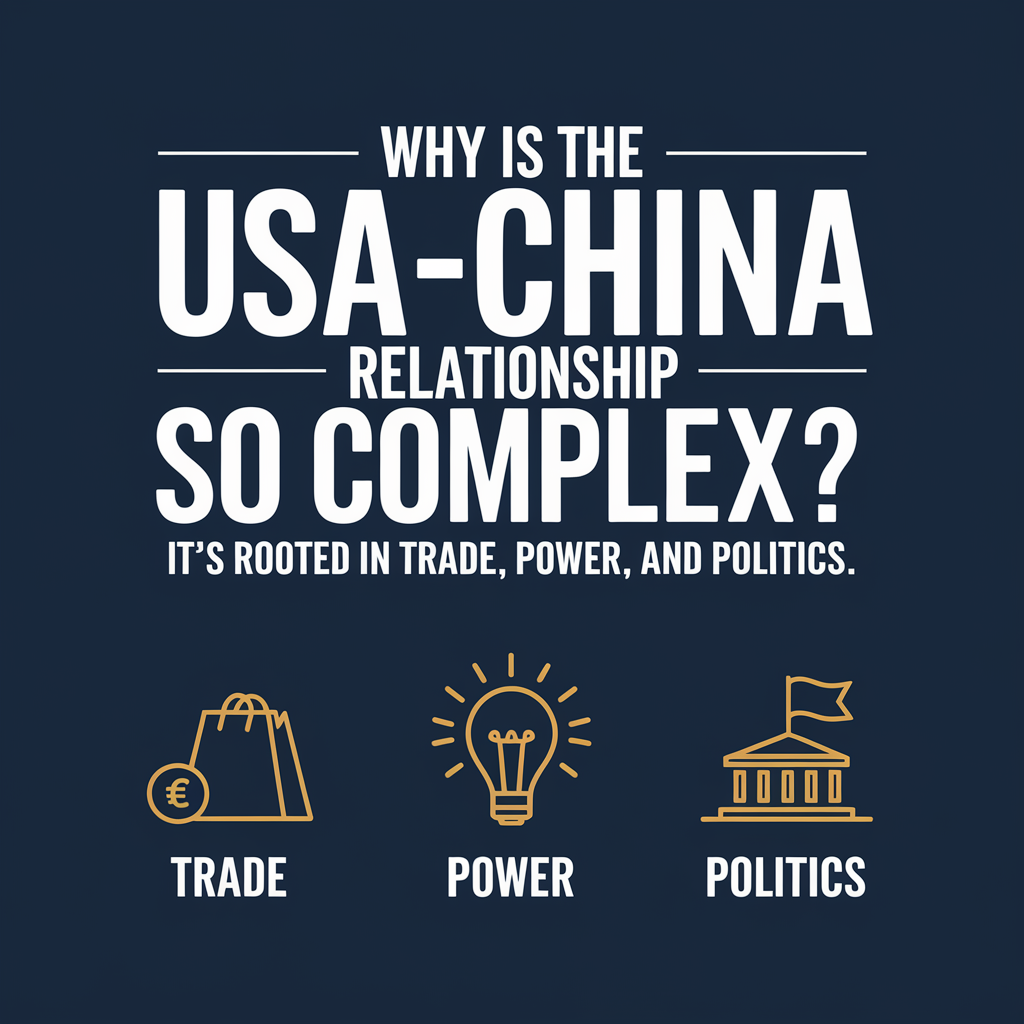
The relationship between the United States and China has been a topic of intense scrutiny, especially in recent years. Decades ago, the U.S. played a significant role in helping China grow from a struggling nation into a global powerhouse. However, the dynamics have shifted, and many now view China as a competitor, if not an adversary, to the United States. This raises the question: Should the U.S. have ever helped China, and could this “mess” have been prevented?

The Early Years: U.S. Aid to China
In the late 20th century, the United States saw an opportunity to influence China’s development positively and potentially create a significant ally in the region. Through various forms of aid, trade, and diplomatic engagement, the U.S. helped China modernize its economy and improve its global standing.
Key Moments of Assistance
- Nixon’s Visit in 1972: This was a groundbreaking moment that opened diplomatic relations between the two countries.
- Most Favored Nation Status: The U.S. granted this to China, significantly boosting Chinese exports to the U.S.
- Technology Transfer: American companies played a crucial role in bringing technology and know-how to China.
The Turning Tide: China as a Global Competitor
Fast forward to the 21st century, and China has become a global competitor to the United States in various sectors, including technology, military, and geopolitics. Some argue that China’s rise has included practices that are at odds with American values and global norms, such as intellectual property theft, human rights abuses, and aggressive territorial claims.
Points of Contention
- Trade Imbalance: The U.S. has a significant trade deficit with China, leading to economic tensions.
- Cybersecurity Threats: Accusations of cyber-espionage have strained relations.
- Geopolitical Influence: China’s Belt and Road Initiative and activities in the South China Sea have raised concerns about its global ambitions.
The Big Question: Should the U.S. Have Helped China?
The question of whether the U.S. should have aided China is complex and doesn’t have a straightforward answer. On one hand, helping China contributed to global economic growth and lifted millions out of poverty. On the other hand, it arguably created a formidable competitor that doesn’t always play by the rules.
Could This Have Been Prevented?
It’s challenging to say whether the current tensions could have been avoided. International relations are influenced by a multitude of factors, including changes in leadership, global events, and internal policies. However, some argue that a more cautious approach to transferring technology and a stronger emphasis on human rights might have led to a different outcome.
The U.S.-China relationship is a complicated one, shaped by decades of diplomatic, economic, and technological engagement. While the U.S. played a role in China’s rise, the dynamics have evolved in ways that have led to increased tension and competition. Whether or not this could have been prevented is a matter of debate, but what is clear is that both nations will continue to shape global politics for years to come.
As an Amazon Associate we earn from qualifying purchases through some links in our articles.



